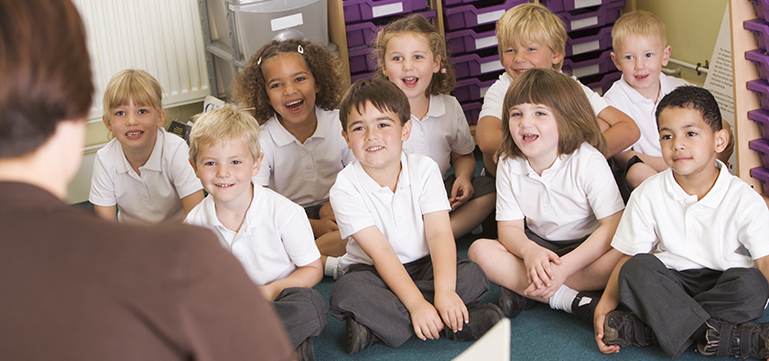Improving outcomes for pupils receiving free school meals

Context and background to sector-leading practice
The school co-operates with the Welsh Government and other schools to proceed with developments relating to the curriculum and innovative professional learning. An experimental environment is promoted in which staff and learners do not fear failure. The proportion of vulnerable families associated with the school has increased recently. The school has identified them and responded to their needs effectively by co-operating with a number of strategic partnerships, including parents, other schools and a number of other professional agencies.
As a result of research, the school had considered “what does a child need in order to thrive?” Five areas were identified (literacy and numeracy skills, general knowledge, a wide circle of friends, participation in school life and attitude towards school) and simple assessments were held which demonstrated strengths and the way forward.
Description of nature of strategy or activity
As a result of the assessments, a notable difference was highlighted between the contribution of learners eligible to receive free school meals and their peers. The school decided that it needed to make the best use of its strategic partnerships’ expertise, and organised various imaginative interventions to reduce the gap. Some good examples of these include:
-
adopting robust principles which were tested during a visit to the Early Years Centre of Excellence in England in the induction of nursery children, placing them with families in the care of a regular practitioner
-
changing the physical learning environment in the nursery class to reflect the caring nature of the home
-
holding a cluster sports festival for key stage 2 children who had not represented their schools with a focus on fair play and developing literacy and numeracy skills
-
responding to the learners’ voice, including a variety of extra-curricular clubs during the lunch hour, for example, a table tennis club, sticker swapping, crochet and sewing
-
changing the school’s awards system to celebrate effort as well as attainment
-
organising a university visit for families in order to raise aspirations
-
running a Youth Club for families in co-operation with external professional agencies
-
specific transition activities for vulnerable learners to foster wider life skills
What impact has this work had on provision and learners’ standards?
The project has contributed towards pupils’ wellbeing, and has had a positive impact on most pupils’ confidence and achievement, particularly learners that are eligible to receive free school meals. According to the school, the gap in the expected outcome and level between these pupils and their peers has reduced very recently. Most pupils’ behaviour is very good throughout the school and they respond very positively to activities to enrich their experiences. By getting to know the learners and their families at a very early stage, the school ensures a high quality of care and nurture. As a result, the young learners settle confidently at the beginning of their educational journey. Sharing experiences with others has strengthened the provision for pupils on entry to the school to a very high standard and has contributed towards ensuring that the Foundation Phase ethos continues robustly up to the end of Year 2. By sharing the above activities through the ‘Aiming for Excellence’ project, the school succeeds in disseminating good practice in pedagogy and partnership working across the regional consortium and beyond. This has a positive impact on the standards of teaching and learning within the school.
How have you shared your good practice?
-
Leading the ‘Aiming for Excellence’ project across south-east Wales – an opportunity for teachers of various schools to share good practice through observing lessons, talking to pupils and learning journeys.The school’s focus during the programme was to engage and motivate pupils.
-
Co-operating with the cluster schools to organise a variety of activities with the intention of increasing participation in school life and enriching the experiences of vulnerable children.
-
Celebrating the work of pupils and their families by displaying the work on the school’s social websites.
-
Introducing the practice in a Headteachers’ Conference in south east Wales.
-
Disseminating the caring practice across the child care setting of Menter Iaith Caerffili.